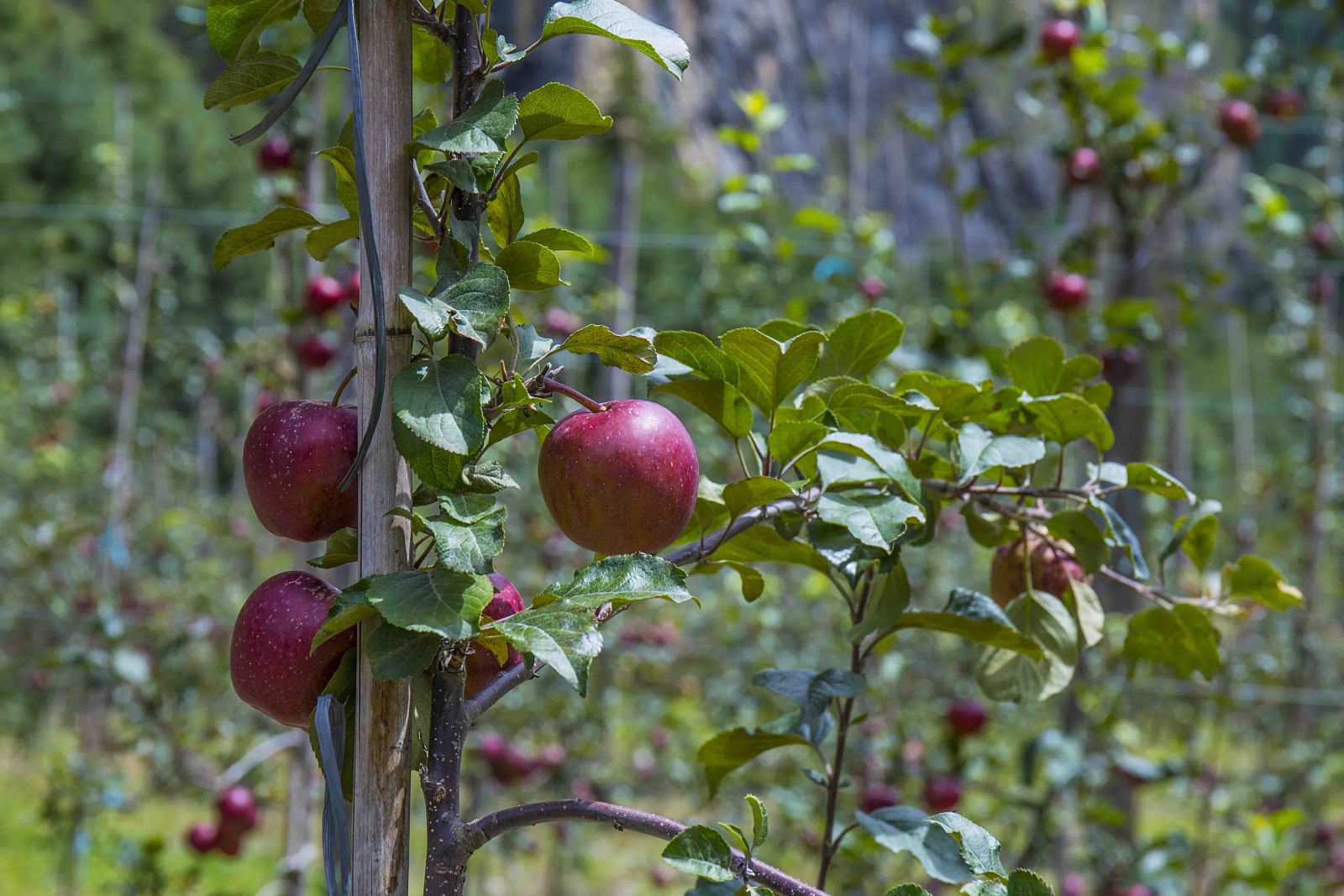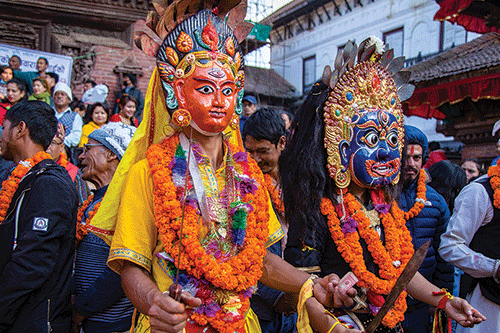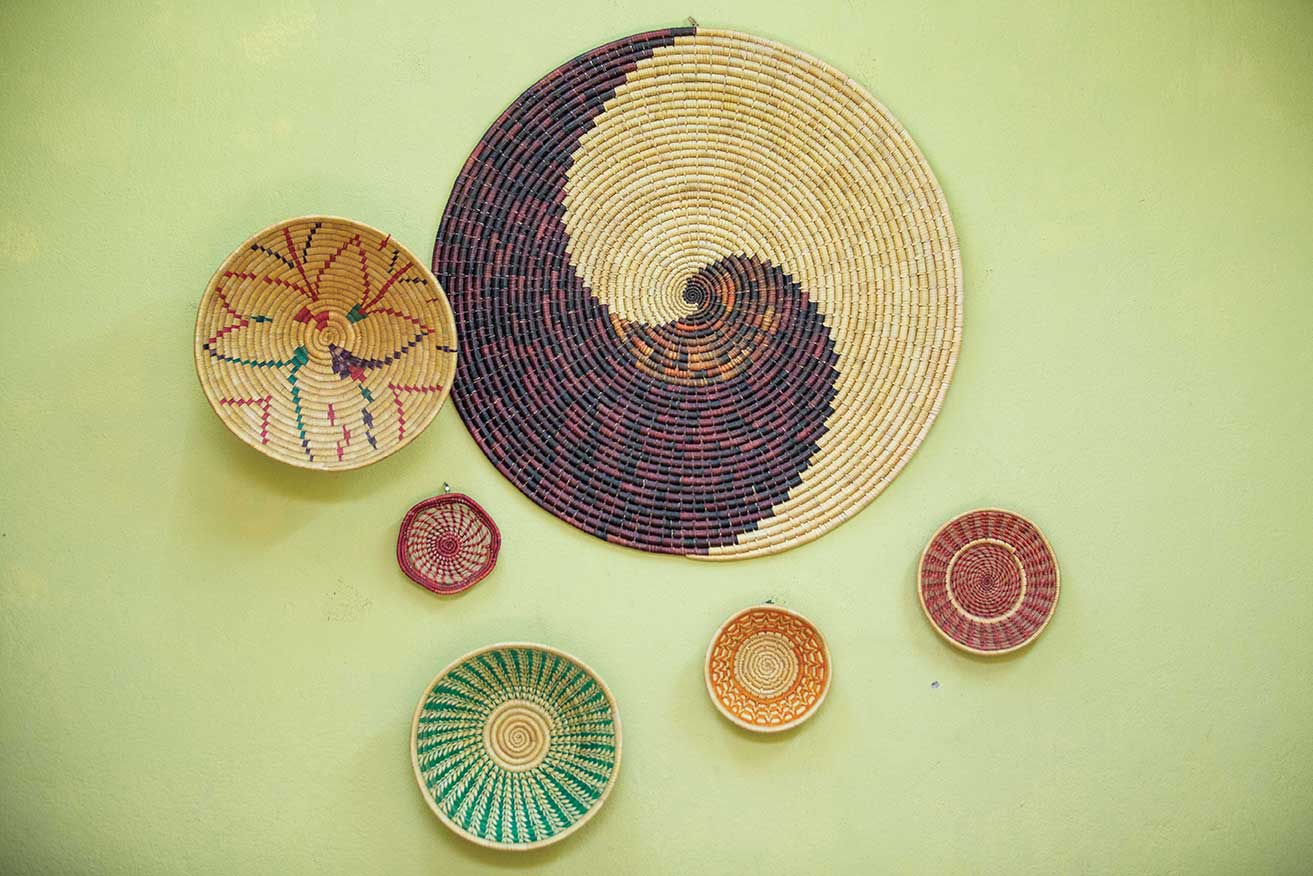Bhratang, the Apple Heaven
En route to Manang from Chame, there is a small village called Bhratang, a veritable apple heaven. Dibesh Dangol interviewed Samraj Gurung, Chairman of Agro Manang, to know more about Bhratang, the apple farm, and Farmhouse, a resort besides the farm.
Can you tell me something about Bhratang Apple Farm and Agro Manang?
Bhratang village, otherwise also known as Bhratang Apple Farm, covers 735 ropanis in total. Both the projects, Bhratang Apple Farm and Agro Manang are the same, and we started this project almost four years back in 2014. This farm is also Nepal’s biggest apple farm. Currently, we have 67,500 apple trees. In 2014, we started landscaping the area, and in 2015 we started the apple farming project in this place. In 2015, we had a production of 20,000 kg of apples. Last year, in 2016, we had a whopping upscale in production to more than 150 tons of apples. This year we are forecasting almost 400 tons in production.
How and where do you transport these apples to?
Last year we started transporting apples to various places in Nepal, but only on a small scale. But, this year, we have made a cold storage besides our apple farm that can hold up to 500 tons of apples. The apples stored in our cold storage here in Bhratang are transported to Besisahar, where we have a small cold storage. From there, they are transported to Swayambhu, Kathmandu, where we have our Agro Manang office and a cold storage.
Right now, our main target is Kathmandu, but this year we will be supplying the apples to other places like Pokhara, Chitwan, and Dharan, to name just a few. As for taking our apples to the global market, we are planning for that also. This year, we will be sending a truck of sample apples to Kolkata. Hopefully, we will be doing business with other international cities and countries in the near future.
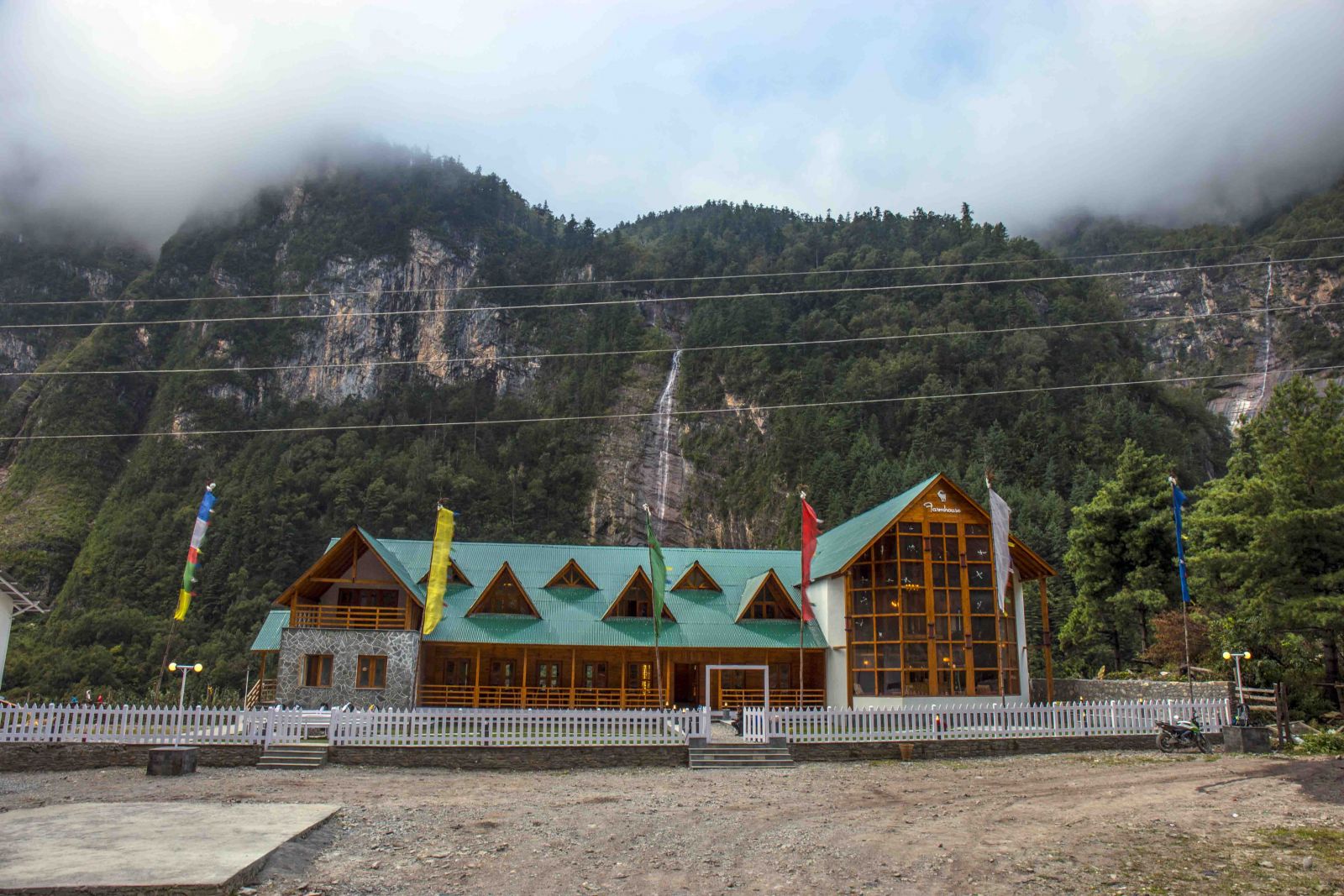
Can you tell me how much a kilo of apple costs?
On an average, a kilogram of apple bought directly from our farm here in Bhratang costs Rs.150. We have three varieties of apples—Gala, Golden Delicious, and Fuji. They have their own price tags, and on average, if bought from our Bhratang farm, they cost Rs. 150 per kg, and as for the retail price, on average they are Rs.200 per kg. We have kept the prices as low as possible and didn’t want to price our apples at more than Rs.200 per kg.
Besides the apple farm, you have an ongoing project called Farmhouse. Can you tell me the concept behind this?
Farmhouse is basically a resort we will be opening in October here in Bhratang. [Editor: This interview was taken prior to October, and we trust the Farmhouse is now open for visitors!] The resort is focused on agro-tourism. Bhratang might be a small village, but the tourism opportunities are massive in this small part of Manang district. Currently we have ten rooms, all with attached bathroom, hot-shower, and television. We will be expanding the number of rooms soon, depending on our one-year sales and the tourism development here in Manang district. We haven’t set a particular tariff for the rooms right now. All I can say right now is that, on average, the rate of rooms will be $70-80 each. The package also includes a tour of our apple farm.
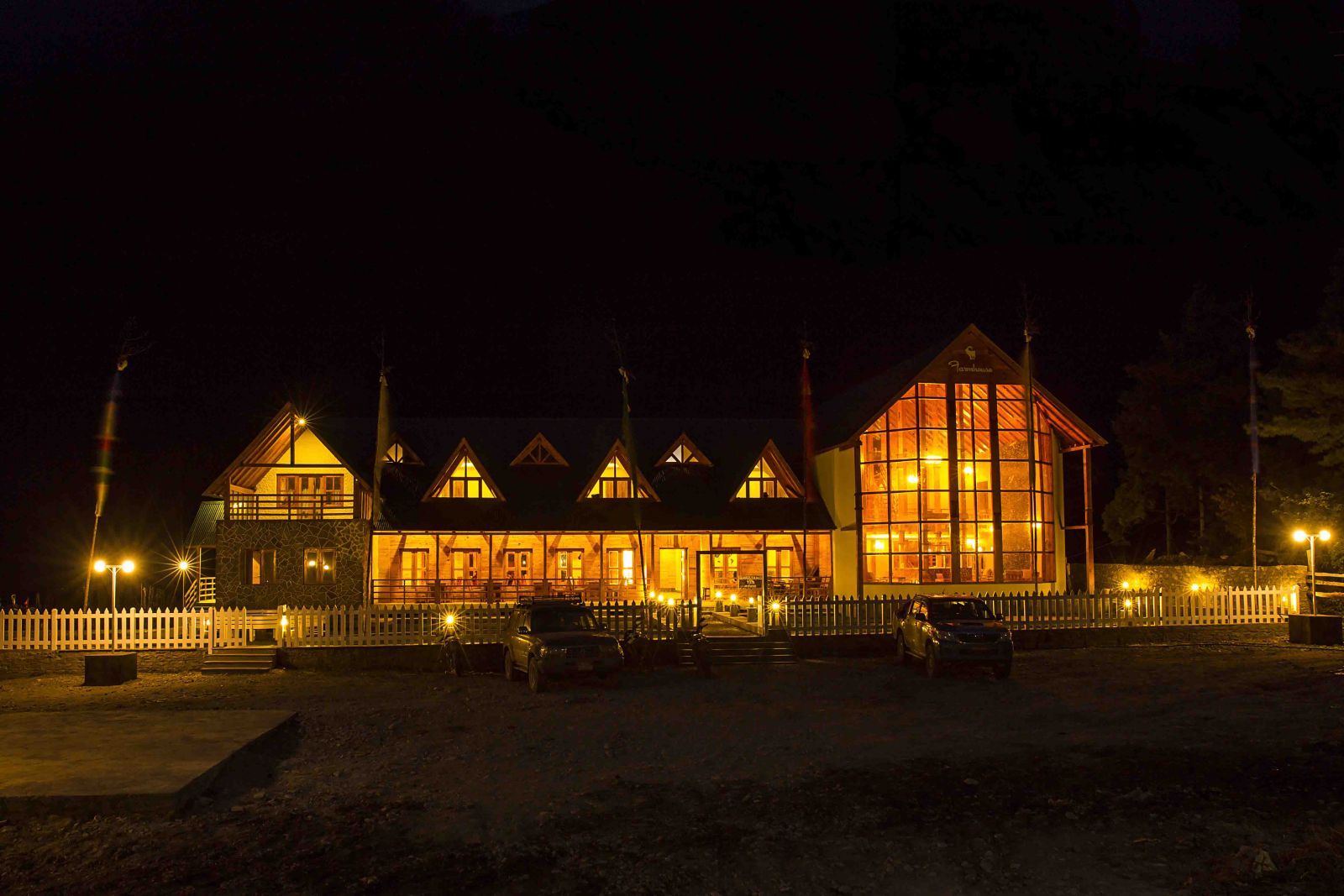 |
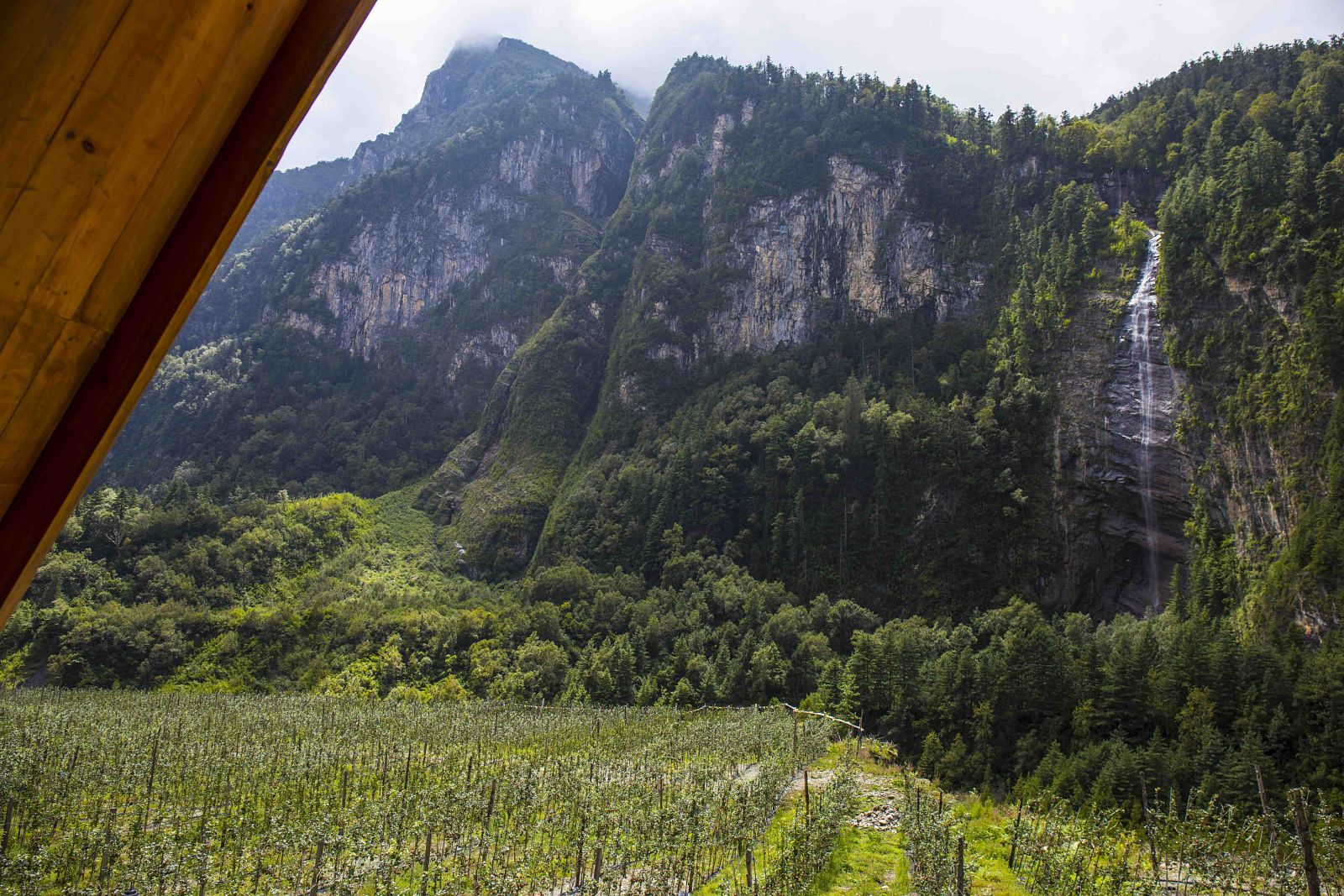 |
From looking at this place, Bhratang seems to have really good opportunities for adventure sports. Are you planning on opening or making Bhratang an adventure sports destination?
We have had many enduro motorcyclist and cyclist guests taking a brief rest here in Bhratang before they leave for Manang. All those who have visited Bhratang have asked the same question about adventure sports, so we are planning to organize some tours related to this. This place is also a cool destination that could be developed for rock climbing and zip-lining. These two adventure sports are definitely possible, looking at the surroundings of Bhratang, and we are looking forward to making these activities a reality here in the near future.


